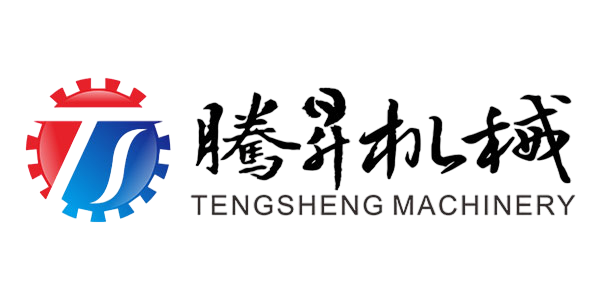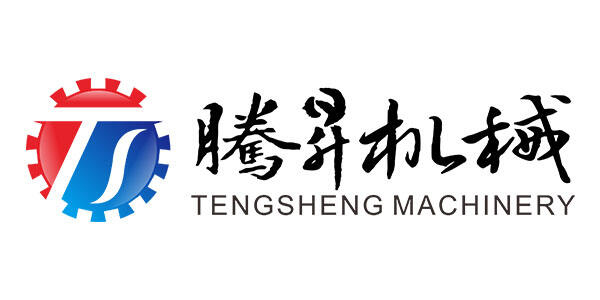The old way of cleaning fruits manually comes with plenty of problems. For starters, it takes a ton of manpower and the end results just aren't consistent from one batch to another. Most traditional approaches depend almost entirely on workers doing repetitive tasks, which eats up hours and leaves room for mistakes. That's where automated fruit cleaning systems step in as game changers. These machines cut down processing time dramatically compared to what humans can manage alone. Plus they deliver much more consistent quality across all products going through the line. The technology behind these systems handles everything so precisely that operators spend less time worrying about missed spots or uneven cleaning between different types of produce.
The numbers really speak for themselves when it comes to switching over to automation. According to industry data, companies often save around half their time and cut costs by about thirty percent once they install automated fruit cleaning equipment. Take one particular fruit processor as an example they saw major gains in how efficiently they ran things and what quality products they could deliver after getting an automated system up and running. Customers noticed better results and the bottom line improved too. Going this route makes operations run smoother while freeing up money and manpower for other important stuff like developing new products or expanding into different markets.
Electrolyzed Water (ECA) along with ozone tech have made a real difference when it comes to keeping food safe and maintaining good quality standards. What makes ECA work so well? It's basically just regular water mixed with salt and then zapped with electricity. Many facilities pair this with ozone treatment because together they tend to give better results than either one alone. When applied to fruits during washing processes, these methods knock down harmful bacteria pretty effectively. The best part? Fruits stay fresh longer after being cleaned this way without losing their natural qualities. Some growers report noticeable improvements in shelf life too.
Multiple studies back up how well these tech options work for food safety. Research in journals focused on food safety shows these techniques knock out more bacteria than standard chemical treatments do, especially when dealing with common pathogens like E. coli and Salmonella. The good news is that ECA and ozone don't mess with the environment because they naturally decompose into water and oxygen instead of leaving behind toxic stuff. Workers handling fruits benefit too since there's no need to deal with harsh chemicals anymore. Fruit processors across the country are switching to these methods not just for greener operations but also because customers want cleaner produce without any residue issues. We're seeing real progress in how we clean fruits today, aligning business needs with environmental concerns while keeping quality standards high for everyone at the grocery store.
Ultrasonic cleaning tech is changing fruit washing practices through those high frequency sound waves that knock away dirt and grime. The system actually gets rid of tiny particles stuck on fruit skins something regular scrubbing just cant achieve. Industry folks point out that this approach improves food safety while keeping fruits fresh longer since everything gets properly cleaned. Many big food processors have started adopting these systems in their operations, which means cleaner products coming off production lines consistently. Looking at current market data, there seems to be strong upward movement in adoption rates for ultrasonic cleaners. As rules around food safety get stricter and shoppers want their groceries spotless, companies are investing more in these advanced cleaning solutions.
Ozone bubble cleaning is becoming a real game changer when it comes to washing fruits and veggies. The process takes advantage of ozone's natural disinfecting power to clean produce thoroughly without any chemical leftovers. What makes this method so effective is how it gets into all those nooks and crannies of fruits and vegetables, doing a much better job at killing off bacteria and other nasty microbes compared to regular water washes. Studies have actually shown that ozone works better than many traditional cleaning methods we've been using for years. Companies making commercial ozone washing machines are coming up with some pretty impressive specs that meet what industries need today. Beyond just making produce cleaner, these machines help cut down on the amount of chemical sanitizers needed throughout the supply chain. With more focus on eco-friendly practices across the board, ozone cleaning tech really shines as a way to maintain high standards of food safety while being kinder to the environment at the same time.
Saving water matters a lot for sustainable practices in food processing plants, especially when it comes to washing fruits. As folks get more aware of environmental issues and regions face real water scarcity problems, many facilities are looking at ways to cut down their water use without compromising cleanliness standards. The newer tech on the market does just that - using less H2O while still getting the job done right. Some operations have managed to slash their water consumption almost by a third, which sounds impressive enough. Take one big lettuce processor that installed a closed loop system back last year. They saw their daily water needs drop around 25% after switching over. Regulations are tightening up across the board too, with local governments setting stricter limits on industrial water use. Plus, consumers want greener options these days, so companies not only save money but also look better in the eyes of customers who care about sustainability.
Fruit processors across the country are moving away from harsh chemicals in favor of greener cleaning options that cut down on chemical use throughout their facilities. The benefits stretch beyond just what's good for people eating the fruits we process. These changes actually help our planet too. When companies switch to natural cleaners instead of synthetic ones, they leave fewer chemical traces behind on fresh produce. That builds better relationships with customers who want to know their food isn't contaminated. Many certification programs now recognize these green approaches, so more farms and packing houses are jumping on board with these methods. Environmental groups have been pushing for years to get this kind of change happening, seeing it as one way to stop harming ecosystems while still producing safe food. As more businesses adopt these practices, we're starting to see real progress toward making food production healthier for everyone involved.
Food safety standards rely heavily on ISO and CE certifications when it comes to technologies used for cleaning fruits. The ISO organization establishes standards that make sure everything from products to services meets safety requirements while maintaining decent quality levels. Take ISO 22000 for example this standard outlines specific needs for managing food safety systems something most fruit processors need to follow if they want to stay compliant. Then there's the CE mark which basically tells buyers that equipment meets all those EU regulations regarding worker safety, public health, and environmental concerns. Why do these matter? Because they build consumer confidence and help maintain uniform safety practices throughout the industry. Many small farms have found that getting certified opens doors to bigger markets where safety documentation is non-negotiable.
When businesses adopt these kinds of standards, it really changes how things operate across industries. Looking at the numbers, firms that get certified under ISO standards tend to see better safety records and run operations more efficiently, which naturally builds trust among customers. Take XYZ Fruits for instance they recently obtained both ISO and CE marks after going through rigorous audits. Getting these certifications means putting real effort into maintaining strict safety protocols throughout production processes. Beyond just safety improvements, having these credentials gives companies an advantage when competing internationally because buyers recognize them as symbols of quality assurance.
Fruit processors who want to sell their products worldwide need to follow international hygiene rules. Organizations like WHO and FAO set these standards to ensure food safety across borders. When companies fail to meet these requirements, they face serious consequences. Markets close off, exports drop, and ultimately this hurts business bottom lines. Staying compliant isn't just about paperwork it directly impacts whether a company survives or struggles in competitive global trade.
Following these standards does more than just create new markets it actually keeps consumers safe around the world. The numbers back this up too many businesses that stick to good hygiene practices see about a 20% boost in what they can export. Take ABC Processing for example they adopted international hygiene guidelines and saw their doors open wider in foreign markets plus people started recognizing their brand more often. When companies stay compliant, they protect what they produce and strengthen where they stand in the marketplace. This shows just how important proper hygiene really is when doing business across borders.


Copyright © 2024 Zhaoqing Tengsheng Machinery Co., Ltd all rights reserved - Privacy policy